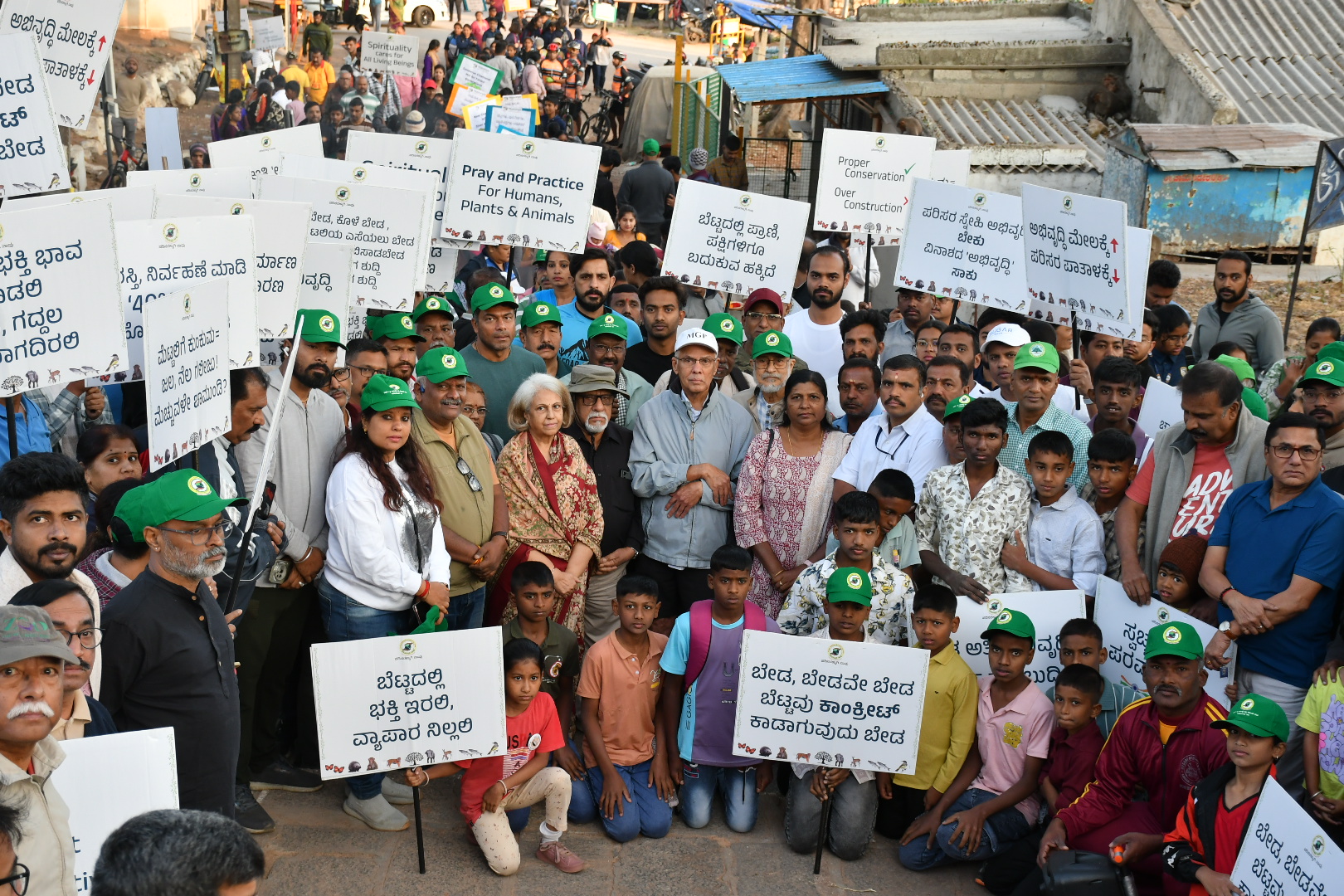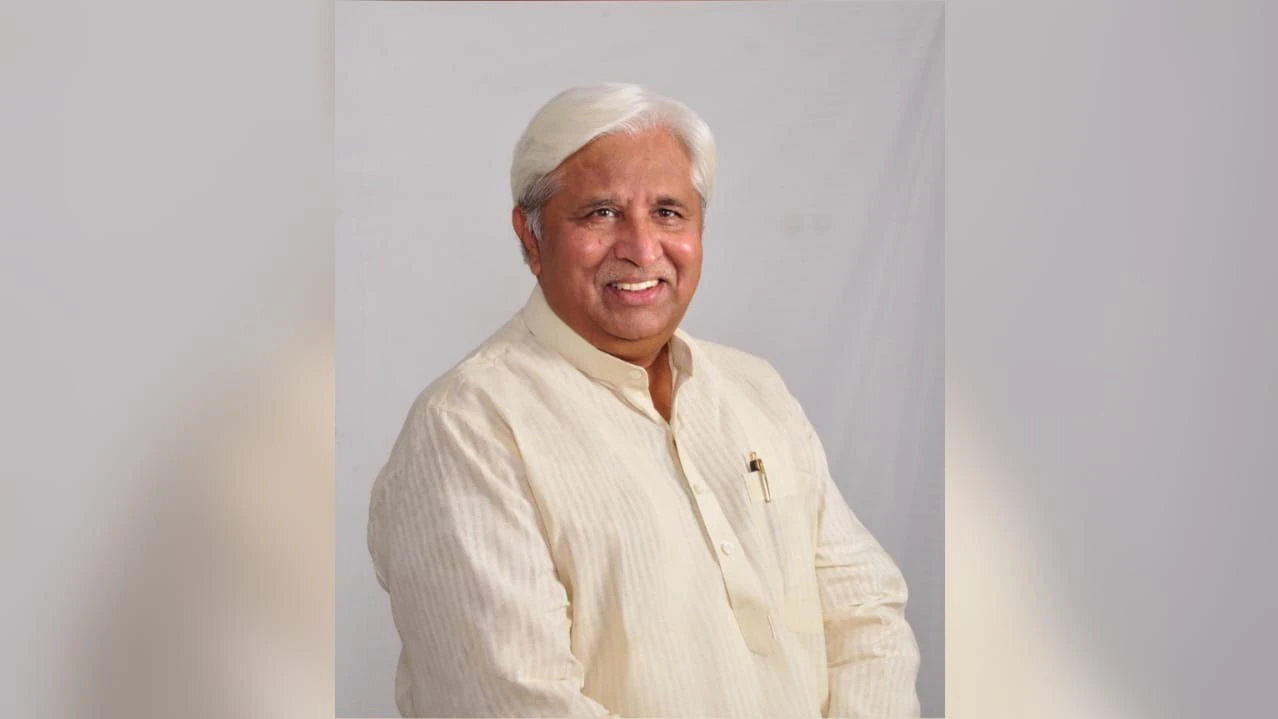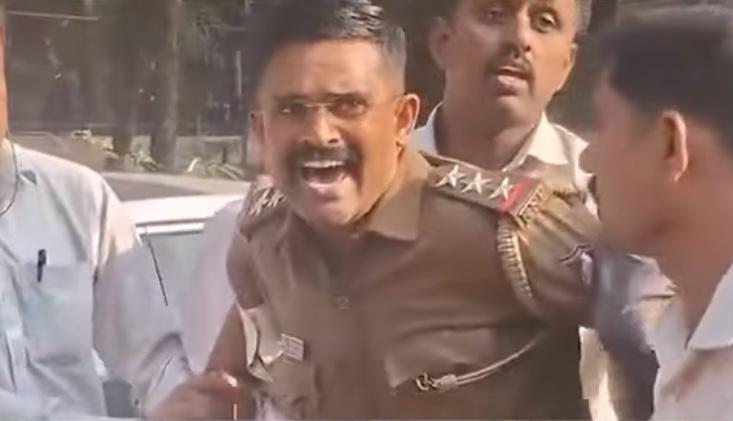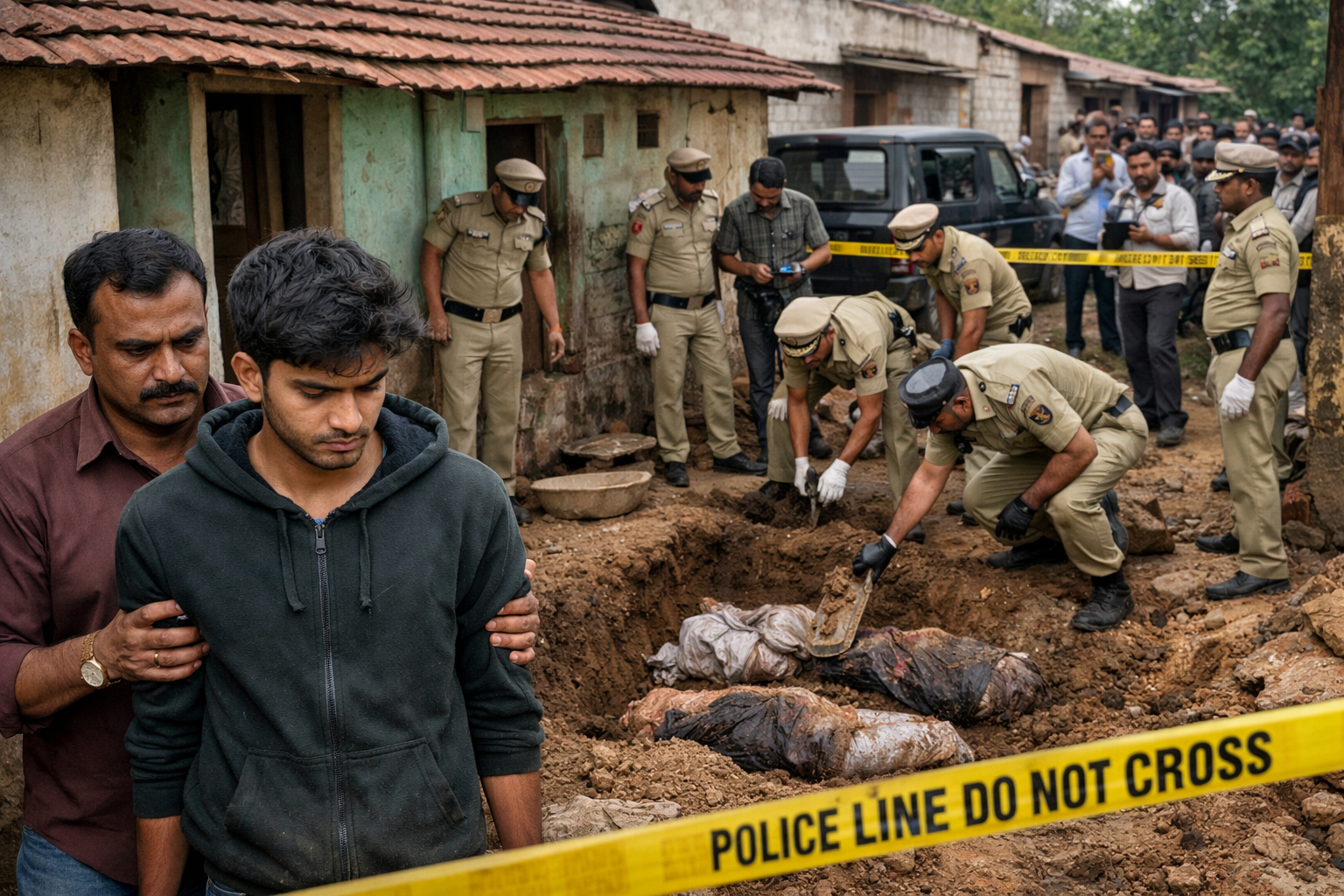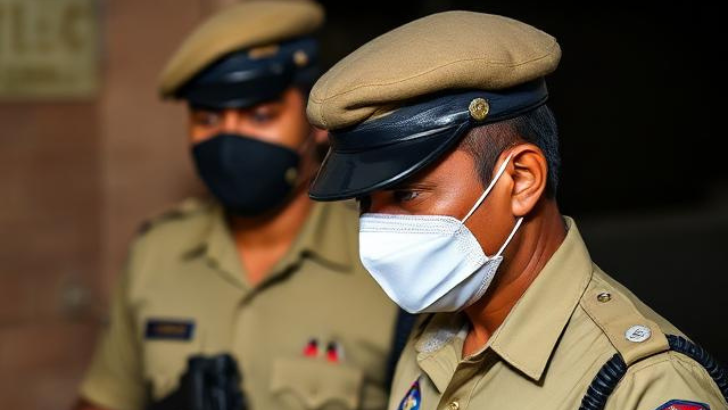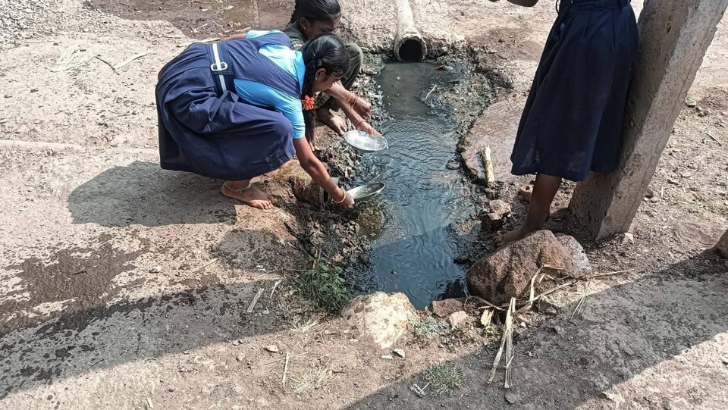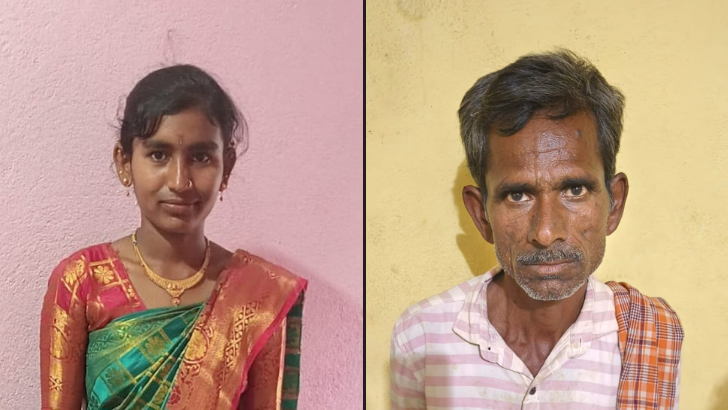Caste cannot be classified into different groups: HC
Court says it is unconstitutional to divide caste for education, job
PTI
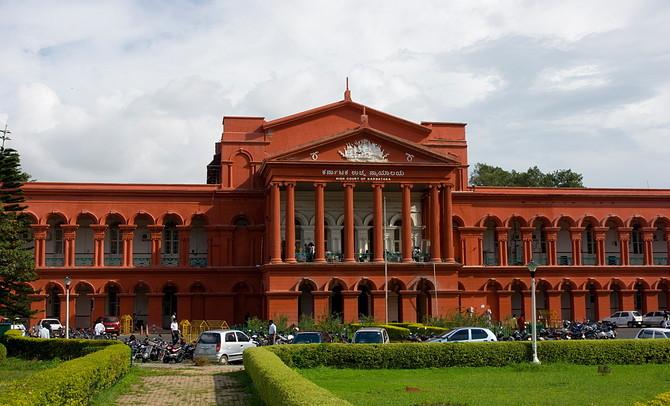
Bengaluru, 22 April
High Court has held that a single community cannot be placed under two
different reservation categories for education and employment.
The judgement came in response to a petition filed by V
Sumitra, a resident of Kollegal taluk, Mysuru district, challenging the dual
classification of the Balajiga/Banajiga community.
Justice Suraj Govindaraj directed the State government to
uniformly classify the Balajiga/Banajiga community under Group 'B' for both
education and employment. The court found the existing classification, Group
'B' under Article 15(4) (education) and Group 'D' under Article 16(4)
(employment), to be unconstitutional and discriminatory.
Sumitra, appointed as a primary school teacher in 1993
under the OBC quota (Group 'B'), was issued a notice in 1996 claiming her
community was under Group 'D' for employment purposes, thereby invalidating her
caste certificate for job-related reservation.
After unsuccessful appeals to the department and the
Karnataka Administrative Tribunal, Sumitra found a 1986 government notification
revealing this dual classification.
She argued that the constitutional objective behind
Articles 15(4) and 16(4) is consistent, ensuring social justice for the same
disadvantaged communities, and thus cannot be applied contradictorily.
Justice Govindaraj upheld her argument, stating: “The
principle of equality before law under Article 14 encompasses equal treatment
in the matter of reservations. The same community cannot be treated differently
in different contexts—such a division is inherently discriminatory.”
Declaring the dual classification "void ab initio", the High Court quashed the orders that had rejected Sumitra's claim to Group 'B' reservation in employment and directed the State to continue her employment as a primary school teacher.
Leave a Reply
Your email address will not be published. Required fields are marked *









